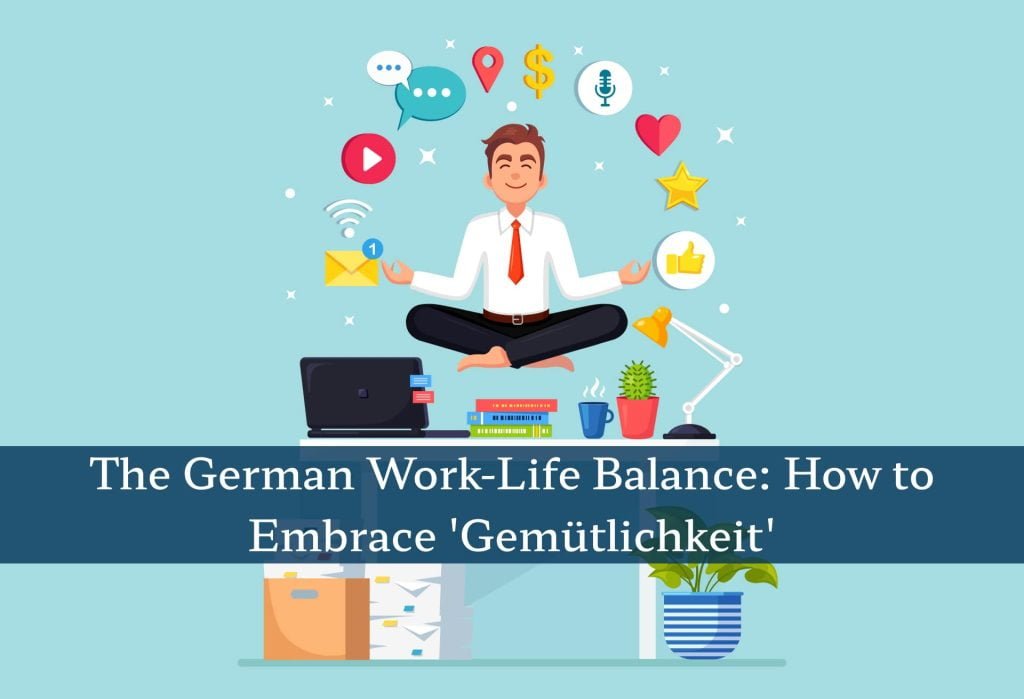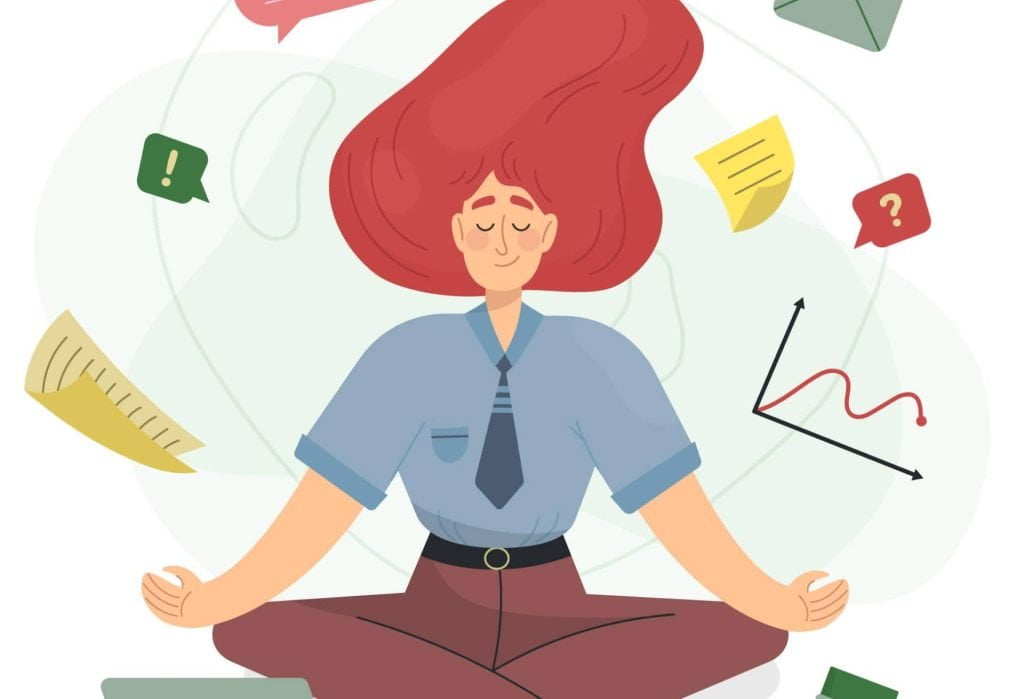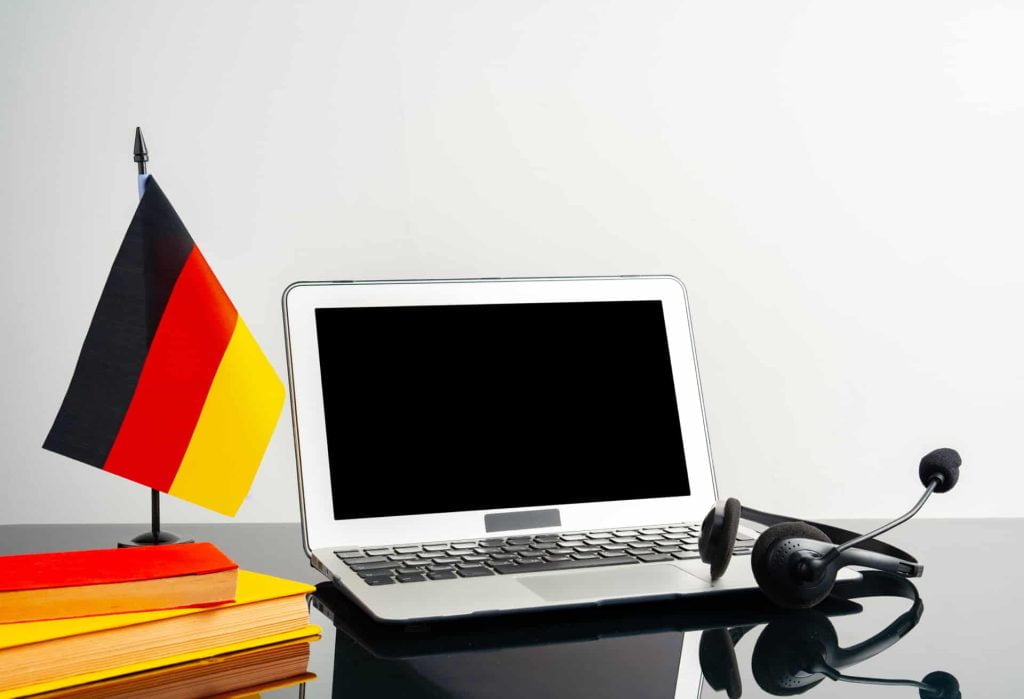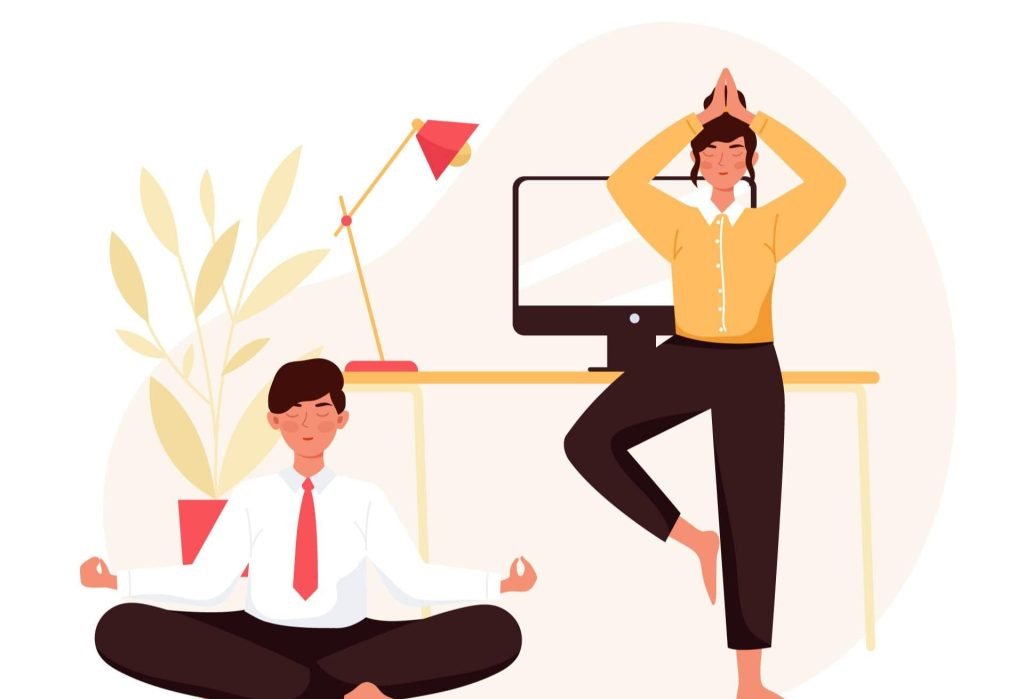
In a world that’s constantly buzzing with the noise of deadlines, meetings, and a never-ending stream of emails, the quest for the elusive work-life balance seems more challenging than ever. But what if we could take a leaf out of another culture’s book to find that coveted equilibrium?
Enter the German concept of ‘Gemütlichkeit,’ a term that doesn’t quite have a direct English translation, but encompasses feelings of warmth, coziness, and good cheer. It’s the kind of comfort you feel when you’re surrounded by good friends, good food, or simply enjoying a peaceful moment alone. But how does this translate into the German approach to work-life balance?
Did you know that in Germany, the average working week is about 34.2 hours, one of the lowest among industrialized nations? And yet, Germany remains a powerhouse in global productivity.
This isn’t just a happy coincidence; it’s a reflection of a society that places immense value on the quality of life. Germans understand that to be productive, one must also know how to rest and rejuvenate. It’s about creating a rhythm between work and leisure that promotes health, happiness, and efficiency.
So, how do they do it? How do they weave ‘Gemütlichkeit’ into their daily lives, and more importantly, how can we embrace this concept to improve our own work-life balance?
Keep Your Eyes Out: Studio Apartment for Rent in Berlin
7 Ways to Embrace the German Work-Life Balance
#1 Prioritise ‘Feierabend‘.
In the heart of German culture lies a cherished tradition known as ‘Feierabend’, a term that directly translates to ‘celebration evening’ but represents far more than its literal meaning. ‘Feierabend’ signifies the end of the workday, a time exclusively reserved for relaxation, personal pursuits, and socialization, free from the encroachments of professional responsibilities. This clear demarcation between work and leisure is a cornerstone of German culture, reflecting a deep-seated respect for personal time and well-being.
In Germany, ‘Feierabend‘ is not just a practice but a societal norm, a collective understanding that once the workday concludes, the time that follows belongs to the individual, their family, and their friends. It’s a time when emails go unanswered, and work phones are set aside, a testament to the belief that rest and recuperation are essential for sustained productivity and a fulfilled life.

Integrating “Feierabend’ to Improve Work-Life Balance
- Set Clear Boundaries: Define your work hours and stick to them. Once your workday ends, switch off work notifications and emails.
- Create Evening Rituals: Establish rituals that signal the end of work, such as a walk, a favorite podcast, or preparing a meal.
- Engage in Leisure Activities: Dedicate time to activities you enjoy, whether it’s reading, sports, or crafting.
- Connect with Loved Ones: Use this time to connect with family and friends, whether it’s through a shared meal or a video call.
- Reflect and Relax: Spend time in reflection or meditation, embracing the quiet moments of solitude.
Also read: 7 Tried and Tested Tips For Students to Find Part-Time Jobs in Germany

#2 Recognise ‘Mittagspause’ – The Sacred Lunch Break
In the rhythm of a typical German workday, ‘Mittagspause’ stands out as a sacred interval. This midday respite, typically lasting anywhere from 30 minutes to an hour, is more than just a lunch break; it’s a cultural institution. ‘Mittagspause’ is a time deliberately set aside for workers to step away from their desks, decompress, and enjoy a meal, often in the company of colleagues or in the tranquility of solitude.
In Germany, the ‘Mittagspause’ is treated with reverence. It’s not just about refueling the body, but also about giving the mind a well-deserved break. This pause in the day allows for relaxation, social interaction, and a mental reset, all of which contribute to increased afternoon productivity and overall well-being.
How to Incorporate ‘Mittagspause’ to Improve Your Work-Life Balance?
- Disconnect: Physically step away from your workspace. If possible, leave the office or your home desk to create a clear mental and physical separation from work.
- Savor Your Meal: Rather than rushing through your food, take the time to enjoy it. Mindful eating can be a form of relaxation in itself.
- Socialize: If you enjoy company, share your break with colleagues or friends. It’s a great time for casual conversation and strengthening social bonds.
- Enjoy Nature: If the weather permits, take your lunch outdoors. The fresh air and natural surroundings can be incredibly rejuvenating.
- Indulge in a Short Walk: A brief stroll can aid digestion and refresh your mind, preparing you for the second half of the day.

#3 Vacation Time is Scared
Germany’s vacation policies are among the most generous in the world, reflecting the country’s deep-rooted belief in the importance of rest and recreation. German workers are entitled to a minimum of 20 paid vacation days per year, with many receiving even more based on their sector or tenure. This is in stark contrast to the minimal or even nonexistent mandatory vacation days in some other countries.
In German culture, vacation time is not just a perk; it’s a sacred period for personal rejuvenation, family bonding, and cultural exploration. Germans are encouraged to use all their vacation days, and there’s no stigma attached to taking time off. In fact, it’s often frowned upon to leave vacation days unused, as it’s perceived as neglecting one’s well-being and that of one’s family.
How to Make Use of Your Vacation Time?
- Plan Ahead: Inform your colleagues and clients well in advance about your vacation. This ensures a smoother transition and less stress leading up to your departure.
- Set an Out-of-Office Reply: Make it clear in your email auto-responder and voicemail that you won’t be checking messages until your return.
- Delegate Responsibilities: Entrust a colleague with urgent tasks while you’re away, so work doesn’t accumulate during your absence.
- Digital Detox: If possible, limit your use of digital devices. Disconnect from work emails and apps completely to truly break free from work-related thoughts.
- Engage in Fulfilling Activities: Whether it’s exploring new destinations, indulging in hobbies, or simply relaxing, make sure your vacation activities bring you joy and relaxation.
Look out for: Excited About the Art and Culture in Germany? An Awe-Inspiring Journey for the City’s Creatives
#4 Quality Over Quantity in the Workplace
In Germany, the emphasis in the workplace is firmly placed on quality over quantity. The culture is not one that idolizes long hours for the sake of appearances; instead, it prizes efficiency and productivity during the designated working hours. This approach stems from the belief that well-rested employees, who have ample time for personal pursuits and relaxation, are more focused and productive when they are at work.

Tips to Enhance Productivity While Maintaining Work-Life Balance
- Focused Work Periods: Utilize techniques like the Pomodoro Technique, dividing work into focused intervals with short breaks in between.
- Prioritize Tasks: Start your day by tackling the most challenging tasks when your energy levels are highest.
- Limit Distractions: Allocate specific times to check emails and messages rather than constantly switching between tasks.
- Streamline Processes: Regularly assess and optimize workflows to eliminate unnecessary steps.
#5 Pursuit of Hobbies and Personal Interests
In Germany, personal time is not a mere afterthought; it’s a vital part of one’s daily life. Germans place high importance on pursuing hobbies and personal interests, recognizing them as crucial to individual identity and well-being. This pursuit is not about merely filling time but about enriching one’s quality of life and fostering a sense of accomplishment and happiness outside the professional sphere.
Incorporating Your Personal Hobbies Into Your Daily Work Life
- Schedule Regularly: Treat your personal interests with the same importance as a business meeting. Schedule regular time slots for hobbies in your weekly calendar.
- Explore and Cultivate: Take the opportunity to explore new interests or cultivate existing ones, whether it’s learning an instrument, gardening, or painting.
- Balance is Key: Strive for a balance that allows you to feel fulfilled in both your professional and personal life, without compromising on the quality of either.
Check this out: 10 Tips for Finding the Perfect Apartment in Berlin
#6 Socialize with ‘Stammtisch‘
The ‘Stammtisch’ is a beloved tradition in German culture, embodying the spirit of community and camaraderie. This regular gathering of friends at a local pub or café provides a set time and place to unwind and catch up over good food and drinks. Often, the same table is reserved for the same group each week, marking it as a trusted space for social interaction and relaxation.
In Germany, such social connections are not mere pastimes but are considered essential to one’s social health and happiness. They reinforce the social fabric by providing support networks outside of one’s immediate family and work environment.
Tips for Creating a ‘Stammtisch’-Like Atmosphere
- Establish a Regular Meet-up: Choose a regular day and venue to meet with friends or colleagues to create a routine get-together.
- Keep it Informal: The key to ‘Stammtisch’ is its informal nature. Make it about camaraderie and comfort, not formality or obligation.
- Open Conversations: Encourage open dialogue and a judgment-free environment where everyone feels welcome to share and engage.
- Rotate Locations: To embrace diversity, consider rotating the meeting spots among favorite venues of the group members.
- Incorporate Traditions: Include fun rituals or traditions that your group can look forward to during each meeting.

#7 Embrace the Outdoors
The German passion for the outdoors is deeply ingrained in the national psyche, with nature being not just a backdrop for leisure activities but a central component of overall well-being. Forests, parks, and public gardens are meticulously maintained, reflecting the value placed on natural spaces where one can rejuvenate and disconnect from the technological ties of the modern world.
Nature as a Means of Embracing Work-Life Balance
- Prioritize Outdoor Activities: Whether it’s a weekend hike, a bike ride after work, or simply a walk in a local park, prioritize these activities in your schedule.
- Seasonal Adventures: Embrace the changing seasons just as the Germans do, from skiing in winter to swimming in natural lakes in summer.
- Nature as a Reset: Use time in nature to clear your mind, practicing mindfulness to enhance the restorative experience.
Don’t miss out: Lost in Translation When Speaking in German: Why Do Language Mishaps Happen?
Seize the Day, Savor the Moment: A German Blueprint for Balance
In embracing ‘Gemütlichkeit,’ we discover a blueprint for balance that transcends borders. The German approach to work-life harmony—celebrating ‘Feierabend,’ cherishing ‘Mittagspause,’ sanctifying vacations, focusing on productivity, indulging in hobbies, socializing at ‘Stammtisch,’ and relishing the great outdoors—offers universal lessons.
It’s about crafting a life where work serves as a means to enrich our days, not consume them. As we apply these principles, we forge a path to a more fulfilling existence, where every moment is lived with intention and every day ends with contentment.




